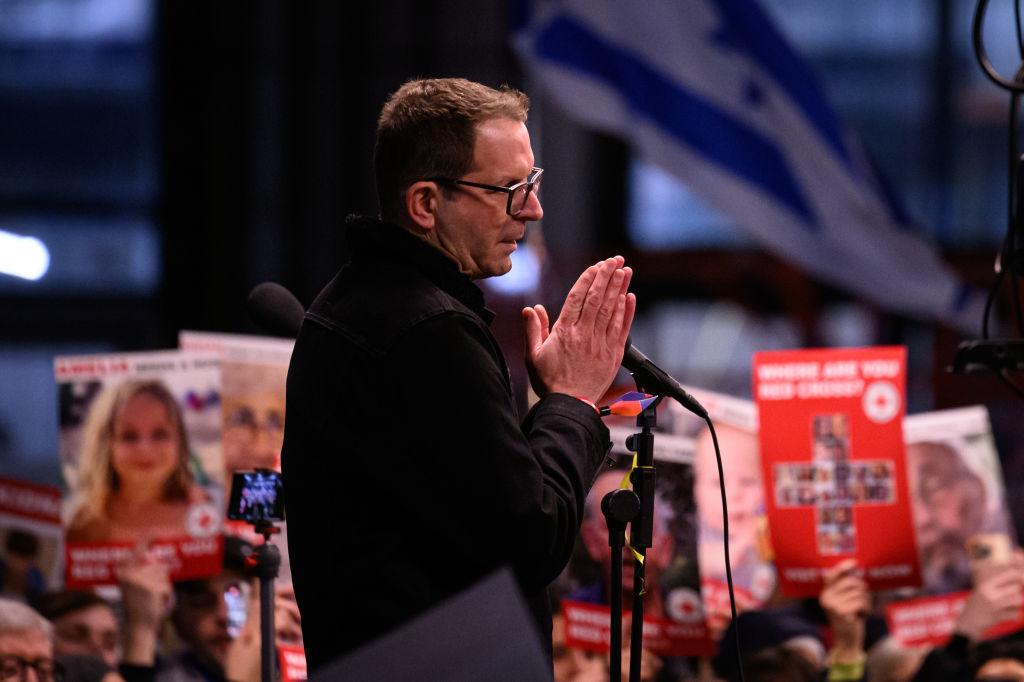The 75-year-old woman Ada Sagi, who was taken hostage by Hamas, has been freed from captivity, her British-Israeli son has said.
Noam Sagi’s mother was taken from her home in Kibbutz Nir Oz on October 7, after Hamas launched an attack on Israel.

The 75-year-old woman Ada Sagi, who was taken hostage by Hamas, has been freed from captivity, her British-Israeli son has said.
Noam Sagi’s mother was taken from her home in Kibbutz Nir Oz on October 7, after Hamas launched an attack on Israel.